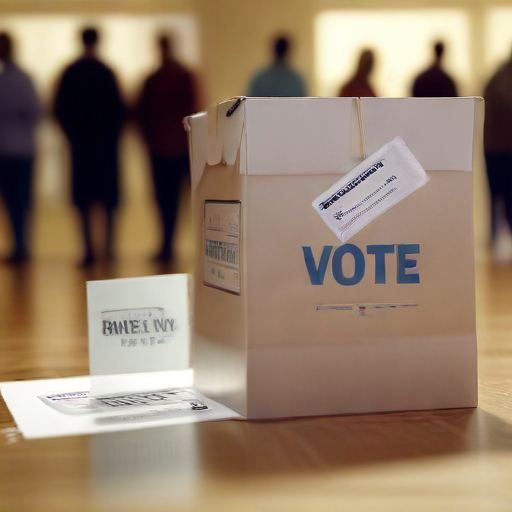During his final year at Clark University, Geoffrey Steinberg, along with fellow students Lanny Hershkoff and Richard Brontoli, faced a major hurdle in their quest to vote in the 1972 presidential election. Just as they intended to cast their votes for George McGovern, the City of Worcester had slammed the ballot box shut. However, this obstacle didn’t deter them; instead, they launched a legal battle that would ultimately reshape voting regulations for college students in Massachusetts.
The lawsuit, known as Hershkoff v. the Board of Registrar of Voters, was filed with the support of the American Civil Liberties Union (ACLU) after several college students were denied the right to register in their college towns due to disputes over the definition of “domicile.” Steinberg, who had moved from Pennsylvania to Worcester for his studies, was determined to make his voice heard and argued that he and his peers were just as entitled to vote as any resident of the city.
Their landmark case challenged the restrictive voting regulations that penalized college students who lived temporarily in Worcester. Before the case, students faced significant obstacles to registering to vote in their college towns due to outdated perceptions held by local registrars, particularly regarding the concept of “domicile.”
With support from ACLU counsel Mel Greenberg, the trio and other students became exemplars of civic engagement, standing up for their rights to participate in the electoral process. After navigating a tangled legal battle, they ultimately triumphed when Judge Samuel Tisdale ruled in favor of the students, allowing them to register to vote. The city of Worcester subsequently appealed this decision to the Massachusetts Supreme Judicial Court, but the initial ruling was upheld, setting a precedent that would allow college students to register in their school locations across Massachusetts.
On Election Day, despite the ongoing legal tussle, Steinberg and his peers still managed to vote using provisional paper ballots, showcasing their determination to be engaged citizens. Their efforts paid off in September 1974 when the Massachusetts Supreme Judicial Court confirmed the lower court’s decision, ensuring that students could vote where they lived during their college years.
The successful outcome of their fight not only affected their immediate community but also paved the way for increased political participation among college students in Massachusetts. Although concerns were raised that students would overwhelm local governance, the anticipated student-led political upheaval never materialized as they mostly voted in alignment with local values.
Steinberg, who went on to a successful academic career and emphasizes the importance of civic participation, encourages younger generations to recognize their potential for impact through voting. His journey stands as a powerful reminder of the importance of standing up for one’s rights and actively participating in the democratic process.
Looking ahead, the story of Steinberg and his peers continues to inspire future generations of students to be engaged and vote, reinforcing the idea that everyone’s voice matters in shaping their communities and governing systems. The upcoming election reminds Clark students of this legacy, as they prepare to vote and honor the efforts of those who fought for their right to do so.
In sum, the struggles faced by Steinberg and his fellow students not only highlight a pivotal moment in voting rights history for young people but also serve as a beacon of hope for all those passionate about civic engagement. It’s a vital reminder that the fight for representation and the right to vote should never be taken for granted.
